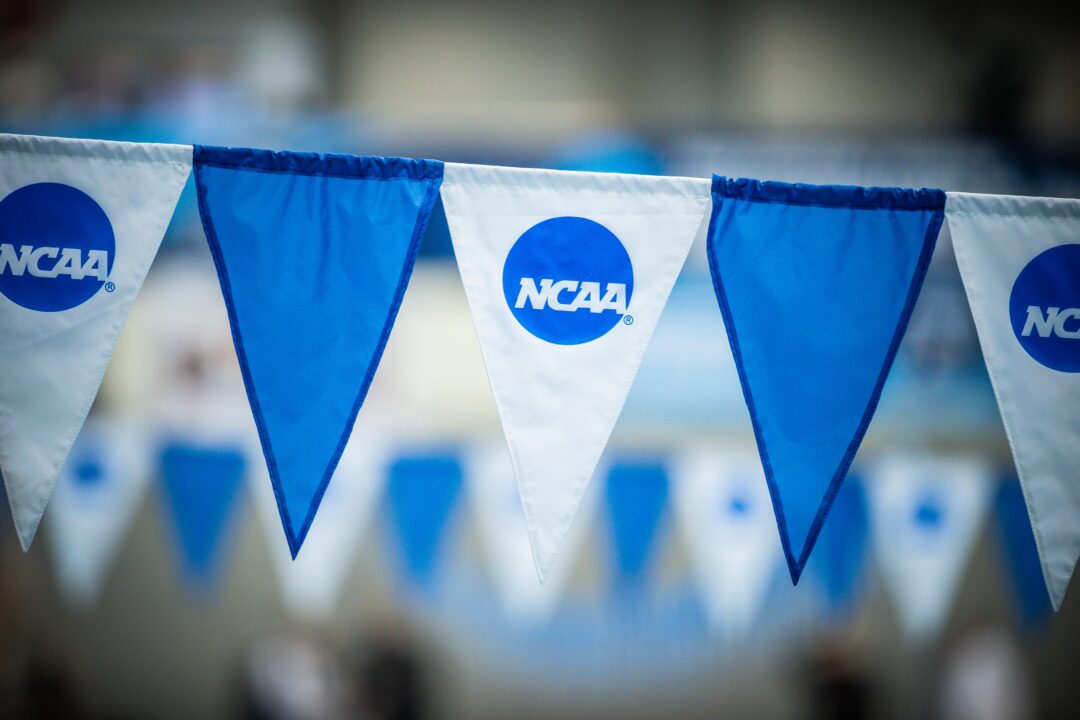The NCAA has released a third Q&A document about the pending settlement in the NCAA v. House case.
The document was focused primarily on the athlete impact of the settlement. This is a shift from the previous two documents, which have had a significant focus on the impact at the university level.
The biggest thing we learned was the introduction of a ‘neutral arbitration system’. In the last document, the NCAA discussed how student-athletes will need to submit NIL contracts for approval to ensure they are not exceeding ‘fair-market value’. The second document described this process as:
“Question No. 31: How and when will a student-athletes’ third-party NIL deals be subject to the fair-market-value assessment contemplated by the settlement?
Answer: All Division I student-athletes will be required to report third-party NIL deals worth $600 or more, whether or not their institution opts in to the settlement. All agreements with associated entities and associated individuals with payments occurring after July 1, 2025, will be subject to the fair-market-value assessment contemplated by the settlement. Also, all new agreements with associated entities and associated individuals executed after settlement approval (which could occur any time after April 7, 2025) will be subject to a fair-market-value review. In addition, if there is a challenge to determinations related to fair-market-value, third-party arbitrators approved by the plaintiffs, the defendant conferences and the NCAA will render a decision. “
The NCAA clarified the final sentence describing the third-party arbitrators, stating that if a NIL agreement is “deemed impermissible” by the NCAA’s enforcement entity due to exceeding the ‘fair-market value’, student-athletes will be able to challenge that decision through a neutral-arbitration entity.
Sport and Entertainment lawyer Darren Heitner discussed the four reasons a decision might be vacated under the Federal Arbitration Act on X.
- If the award was procured by corruption, fraud, or undue means
- If there was evident partiality or corruption in the arbitrator
- If the arbitrator committed misconduct
- If the arbitrator exceeded his/her powers
Arbitrators appointed to determine whether a #NIL deal is impermissible (if the House v NCAA settlement receives final approval) will have massive power.
While courts generally defer to arbitration decisions, there will undoubtedly be petitions to vacate filed by athletes who… https://t.co/a2nlKGnDg0
— Darren Heitner (@DarrenHeitner) January 6, 2025
If a deal is still found to be non-compliant after the arbitration process, students and organizations will be able to renegotiate.
The NCAA revealed in the last document that Deloitte would be responsible for determining the ‘fair-market value’ for deals, but schools and lawyers are already questioning how this number is going to be decided. Arkansas attorney Tim Mars spoke to Yahoo Sports and expressed serious concerns about this portion of the settlement, saying, “It’s just the reality. There are a lot of ways around the clearinghouse. Who is to say what fair market value is? They are crazy to think that guys are going to sit around while a third party is going to judge whether these deals are real. Are you kidding me?”
Mars is not the only individual to express concern with one of the lead plaintiff attorneys Jeffrey Kessler also telling Yahoo Sports, “If the NCAA (and power conferences) tries to punish a student or school, if they try to take action against an NIL (collective), I think they’ll probably see that NIL organization in court.”
It is worth noting that only “associated entities” are subject to this process, and non-associated entities are not subject to the ‘fair-market’ assessment by the enforcement entity.
Other questions answered by the document:
- What is an “associated entity”?
- The NCAA tells students they are defined in the settlement. They advise student-athletes to speak to schools, agents, and representatives about what “associated individuals or entities” are.
- Are there guaranteed scholarships?
- The NCAA confirms schools will not be able to reduce, cancel, or fail to renew scholarships for athletics related reasons.
- Are there guaranteed roster spots?
- No roster spots are guaranteed.
- Do schools have to pay all athletes on a team or at a school the same amount?
- No. All additional benefits may vary by student-athlete, team, etc.
- What is the limit for NIL deal disclosure?
- All deals exceeding $600 need to be disclosed. Any deal with an “associated entity or individual” needs to be disclosed regardless of the total and is subject to review. Non-associated deals under $600 do not require disclosure.
- Are there other restrictions on NIL deals with schools?
- Schools are not allowed to continue paying athletes NIL money after they have expended their eligibility, unless it is for continued use of content created during the athlete’s eligibility period.
You can read the full Q&A document here.
